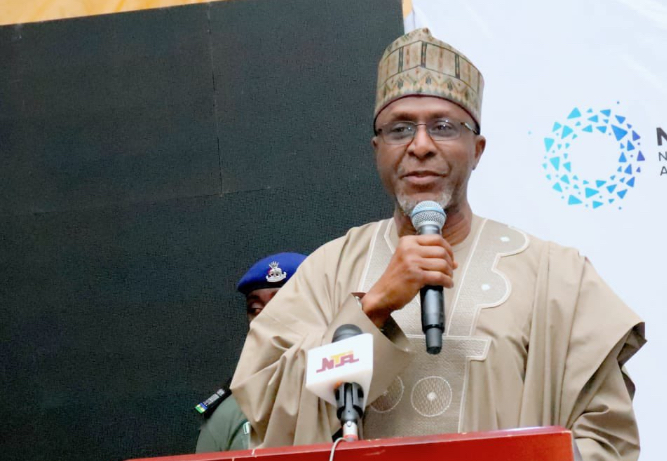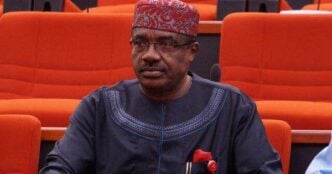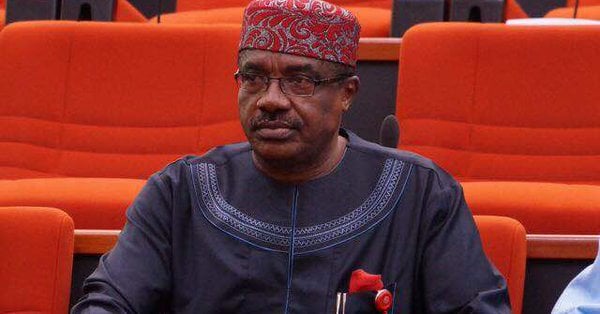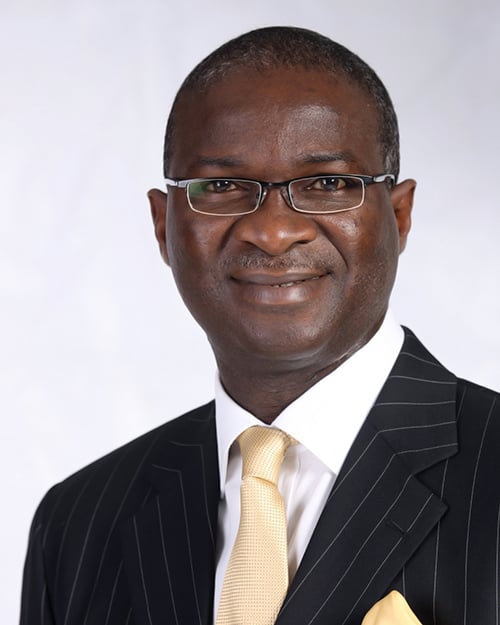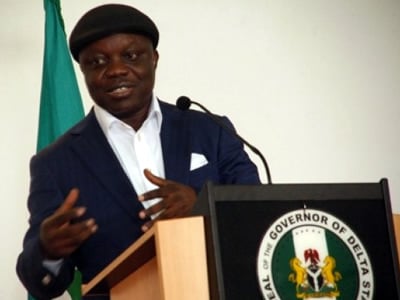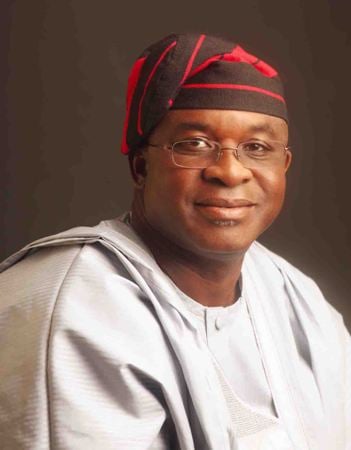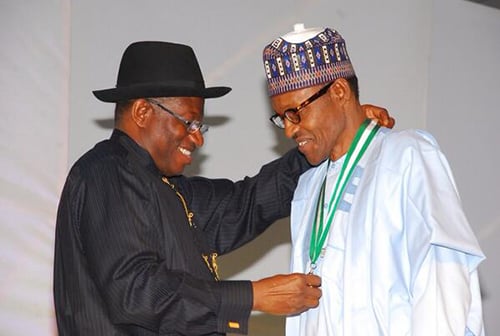Balarabe Lawal
Balarabe Lawal, minister of environment, has called on developed countries to honour their $100 billion outstanding climate finance pledges to help vulnerable nations adapt to and mitigate the impacts of climate change.
Speaking at the high-level segment of the ongoing UN climate talks in Belém, Brazil, Lawal said Nigeria remains one of the most climate-vulnerable countries and is already taking “decisive measures” to strengthen resilience and cut emissions.
He said Nigeria has moved from policy to implementation, becoming the first West African nation this year to submit an enhanced nationally determined contribution (NDC).
“We have approved and authorised the national carbon market framework designed to ensure integrity, transparency and national benefit-sharing, while positioning Nigeria as a regional hub for a high-quality carbon market,” the minister said.
Advertisement
He said the federal government is also implementing new initiatives to promote sustainable resource management and low-carbon growth.
Lawal noted that Nigeria has issued its third sovereign green bond, with proceeds earmarked for NDC-aligned projects.
He said the country is investing in hydraulic infrastructure, river training, shoreline protection and desilting to protect vulnerable communities and restore degraded ecosystems.
Advertisement
“In rural and urban areas, we are advancing climate resilience to protect public health, enhance productivity and sustain livelihoods,” he said.
The minister highlighted Nigeria’s ongoing work in the Sahel through the Niger Basin Authority and the Lake Chad Basin Commission (NBALCBC), focusing on data harmonisation, groundwater management, ecosystem restoration and early warning systems.
STIELL URGES MINISTERS TO CONFRONT OUTSTANDING ISSUES HEAD-ON
As COP30 enters its second and decisive week, and with the arrival of ministers, talks have shifted from technical negotiation to political decision-making that will shape the outcome of the summit.
Simon Stiell, executive secretary of the United Nations Framework Convention on Climate Change (UNFCCC), urged ministers to confront outstanding issues directly, noting that COP30 recorded strong momentum in the first week.
Advertisement
“We are no longer talking about what this COP must do—we are doing it. But we must strive for more,” Stiell said.
He highlighted major steps taken under the COP30 action agenda, including a trillion-dollar push into clean energy and grids, a global plan to quadruple sustainable fuels, new waves of green-industry investment and early work to build a pipeline for adaptation finance.
Stiell cited the $2.2 trillion invested in renewable energy last year as evidence that the global shift to a low-carbon economy is accelerating faster than expected.
With climate disasters intensifying, he warned against stalling tactics and “performative diplomacy”, urging ministers to get to the hardest issues fast.
Advertisement
“The pace of change in the real economy has not been matched by the pace of progress in these negotiating rooms,” he said.
“Now’s the time to roll up our sleeves, come together, and get the job done.”
Advertisement
